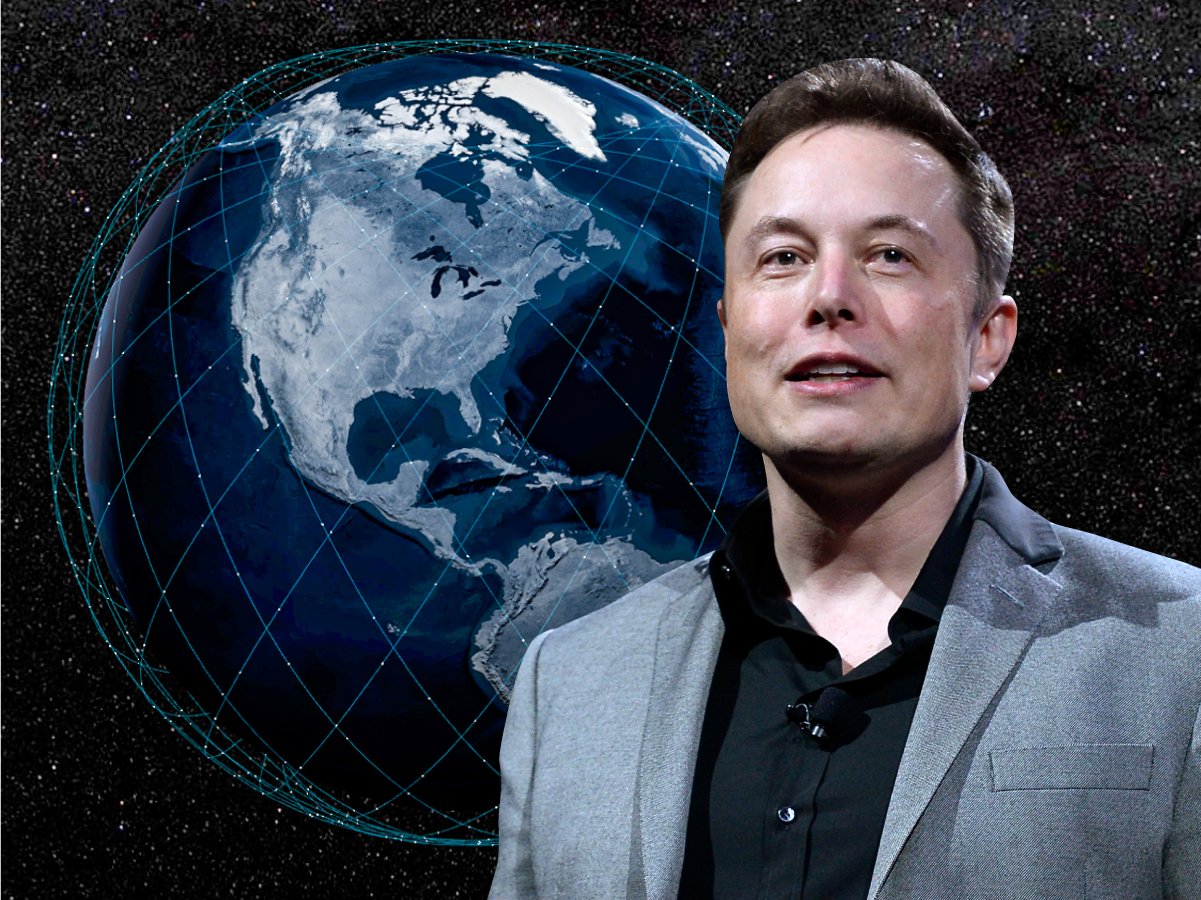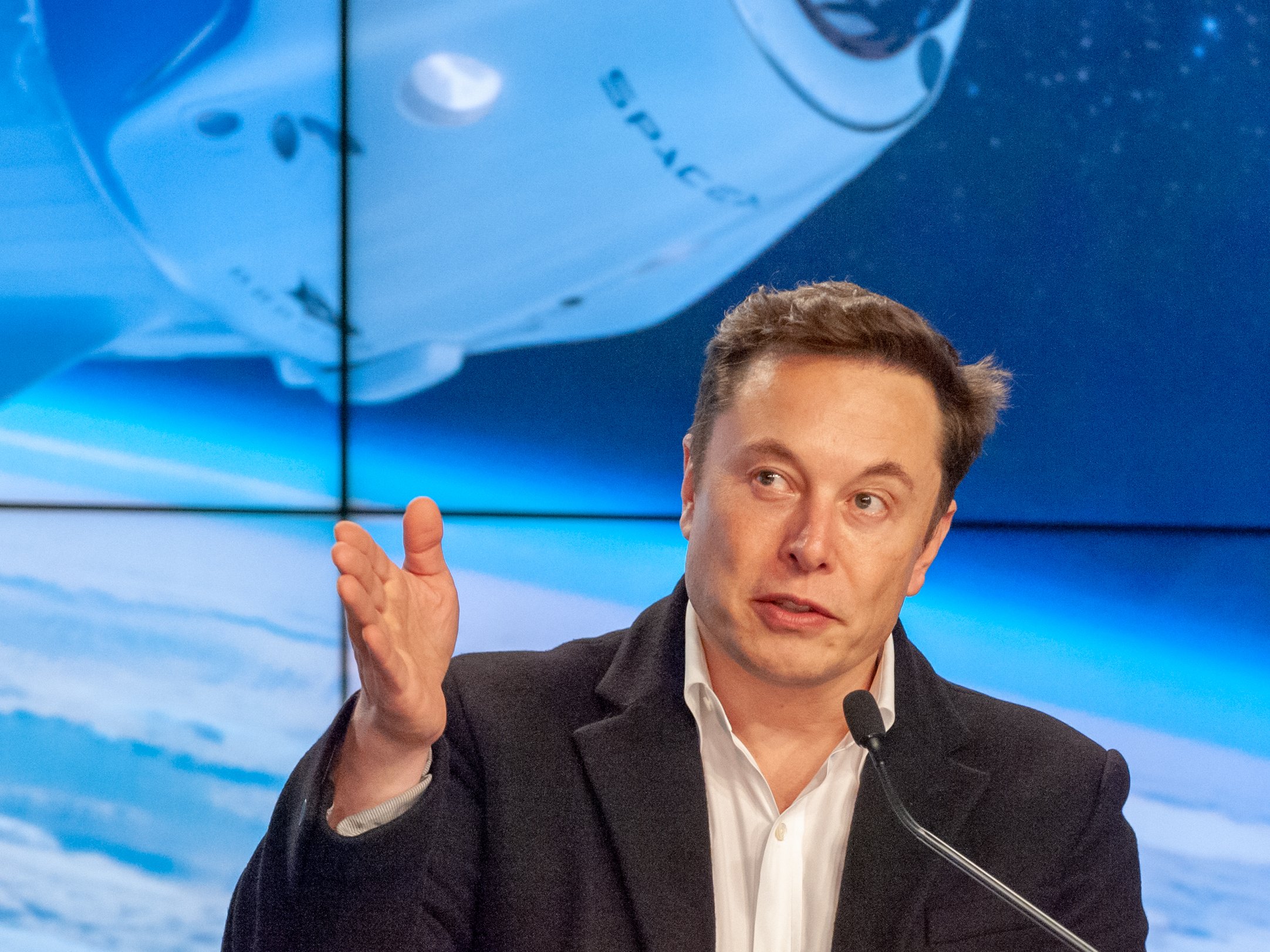
South African-born billionaire Elon Musk is reportedly exploring the possibility of launching SpaceX rockets and deploying Starlink low Earth orbit (LEO) satellites from his home country.
- Elon Musk is considering using the Denel Overberg rocket test site in South Africa for SpaceX launches and Starlink satellite deployments.
- The site is strategically suited for polar orbit launches, enhancing Starlink’s ability to provide broadband to underserved regions.
- South Africa faces regulatory challenges that have delayed Starlink’s operations despite potential benefits for the digital divide.
The world’s richest man, Elon Musk has expressed interest in using the Denel Overberg rocket test site near Arniston, outside Cape Town, for potential SpaceX launches.
Developed by the Aerospace Systems Research Institute at the University of KwaZulu-Natal, the site has launched suborbital rockets up to 18km and is aiming for orbital capability by 2028. A SpaceX partnership could fast-track its readiness.
According to The Daily Maverick, two space experts noted that the site’s strategic value lies in its ideal position for launching satellites into polar orbits—particularly those passing over the South Pole—as well as for deploying Starlink’s LEO satellites to deliver broadband internet to consumers, especially in underserved areas.
The tech mogul, who is currently in a public feud with the U.S. President Donald Trump, appears to be turning his gaze back to South Africa as a prospective site for future space operations.
While specific details remain under wraps, sources close to the matter suggest Musk is seriously evaluating South Africa‘s strategic potential for both SpaceX and Starlink expansion.
This move could mark a historic milestone, positioning the African continent as a new player in global space infrastructure.

Starlink’s turbulent run in South Africa
Starlink, Elon Musk’s satellite internet venture, has already launched operations across several African countries, delivering high-speed internet to underserved and remote regions. However, in South Africa, Musk’s country of birth, the rollout has hit significant roadblocks despite early optimism about its potential to help bridge the nation’s digital divide.
Regulatory delays, licensing challenges, and questions surrounding local compliance have stalled Starlink’s entry into the South African market.
Tensions escalated further following President Cyril Ramaphosa’s recent appearance in Washington and Musk’s public criticism of the South African government for failing to approve Starlink’s operations.
In response, the South African government has initiated a review of its Broad-Based Black Economic Empowerment (B-BBEE) policy, particularly as it relates to foreign tech companies like Starlink.
Launching satellites directly from South Africa would not only accelerate Starlink’s service across the continent but could also support Musk’s broader ambition of expanding access to internet connectivity globally.
If realized, the initiative could inject substantial investment into South Africa’s tech and aerospace sectors, create jobs, and position the country as a key player in the emerging space economy—all while signaling Musk’s continued pivot away from U.S. political entanglements toward broader international engagement.












